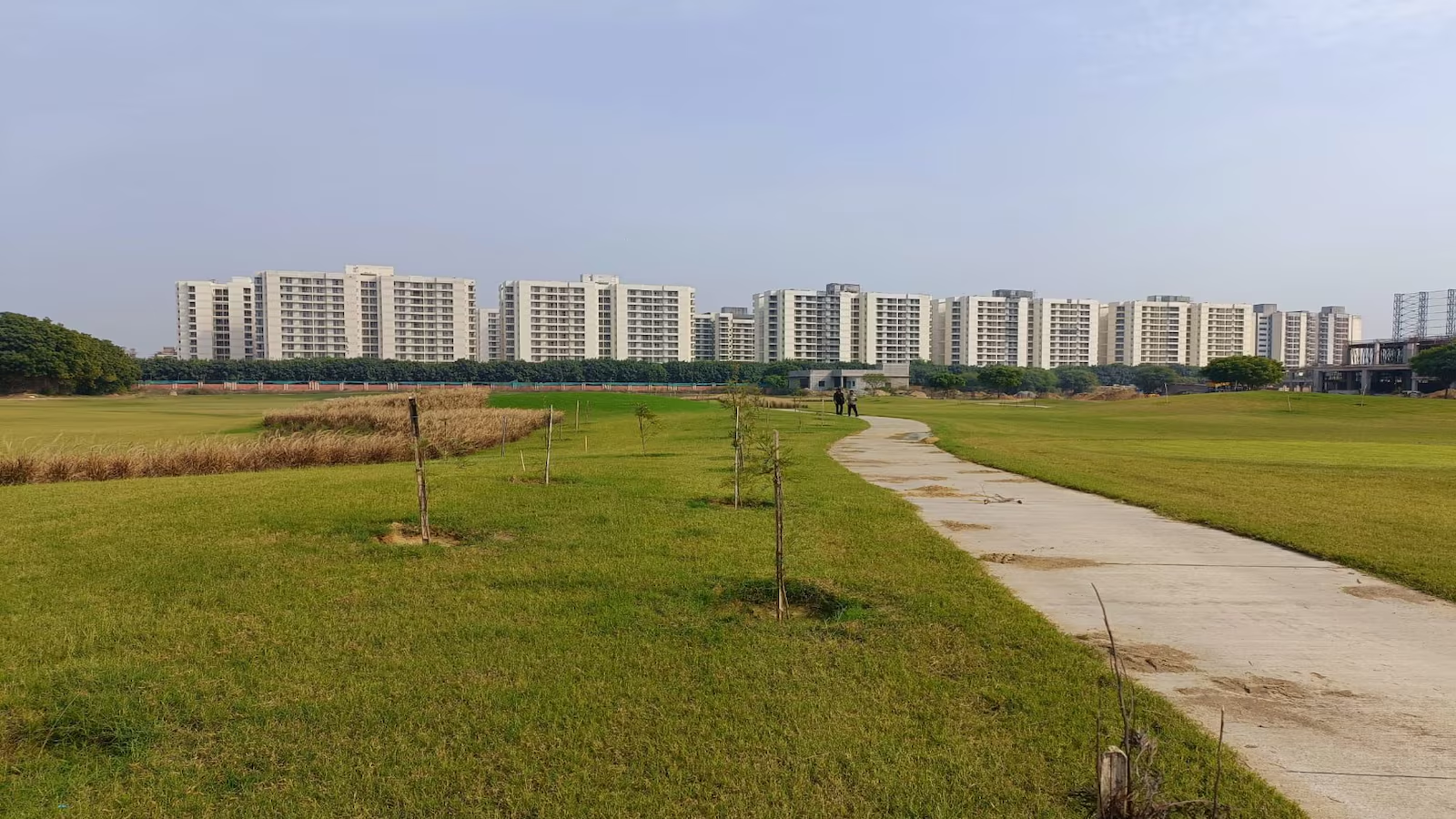News
A post-pandemic snapshot of the hotel industry


Saying that COVID-19 has had an unprecedented impact on the hotels sector in India is putting it mildly. We anticipate the overall Indian hospitality sector (including organised, unorganised and semi-organised operators) to incur an estimated total revenue loss of approximately Rs 90,000 crore in 2020. Occupancy and average daily rate (ADR) are expected to reach pre-COVID levels by 2022 and 2023 respectively – assuming that a vaccine is in place by early 2021 and becomes widely available before the end of the year.
Domestic Travel – A Shelter in the Storm
The hospitality sector is now seeing a degree of uneven recovery after the prolonged lockdown. The main driver behind this partial recovery is the domestic leisure traveller, seeking to shake off the cobwebs and cabin fever of several months of lockdown and work-from-home routine. At HVS, we anticipate leisure travel to motorable destinations to show a steady increase going forward.
The outbound Indian luxury traveller will also be on the lookout for exclusive domestic vacations within the country as uncertainties about international travel continue to loom large. To tap this demand, most domestic hotels have curated special Staycation, ‘work-from-hotel’ and F&B packages, which have sparked some recovery in the sector. However, there has been no relief for the commercial segment of hotels, which continues to witness record low occupancy in the absence of any significant commercial travel.
Overall, hotel occupancy in India has improved from approximately 10 pc in April 2020 to almost 26 pc in September 2020.


The Revamped Hospitality Landscape
On the back of the COVID-19 pandemic’s unique exigencies, guest perceptions and preferences have evolved rapidly, and hotels have been quick to fall in line. The accent is now squarely on safety, hygiene and social distancing – not only for the safety of guests but also hotel employees.
Apart from the mandatory sanitisation protocols, many hotel chains are also investing in new cleaning technologies such as electrostatic disinfection misters and ultraviolet light interventions. Overall, we are witnessing a gradual return of trust, helped along by guests’ stay-at-home weariness.
While domestic leisure travel is picking up, corporate demand is still subdued and will remain constrained at least for the short term due to companies’ cost-cutting measures. Most corporates are now using virtual meetings, events and webinars to connect with their stakeholders.
These are acceptable alternatives for now, but business imperatives requiring in-person interactions cannot be shelved indefinitely. For this reason, we expect business travel to pick up significantly once viable COVID-19 vaccines have been deployed.
COVID-19 Constrains Supply
Over 26,340 rooms were added in the organised or branded hotels segment during 2017-19, at a CAGR of 3 pc. As of May 2020, supply was forecast to increase at an average of 2.8 pc (adding approximately 44,000 rooms) during the 2020-2024 period.
Supply growth will slow markedly vis-à-vis pre-COVID-19 expectations:
- Under-construction projects face delays on account of labour shortages and issues pertaining to vendors and a disrupted supply chain.
- Muted market conditions will likely lead to delayed openings; some projects will remain on hold pending recovery.
- Financing challenges on account of negative sentiment for the sector may also delay projects.
- Changes in market conditions may render some proposed projects infeasible, leading to indefinite postponements.
- Some properties may close on account of financial stress and not reopen for an extended period of time, resulting in negative supply growth.
Prior to COVID-19, over 11,500 rooms were expected to be added to the supply in both 2020 and 2021. Now, we can expect only 15-20 pc of the anticipated 2020 supply to come into the market, with the rest being postponed to 2021 and beyond. Some properties are likely to be repurposed to other asset classes such as hospitals, student housing and co-living.
Five Future Trends to Watch For:
- Increased focus on ancillary revenues. The current crisis has forced the hospitality sector to come up with innovative ways to utilise their assets to stay afloat, thereby opening newer revenue streams. From food delivery, laundry, housekeeping, and facility management to warehousing and more, hotels will be reimagining ‘hospitality’ by extending their services to customers in the comfort of their offices and homes.
- Mixed-use developments will become the most sustainable model for hotels going forward as they leverage the best of each asset class while hedging the risks for investors and enhancing the overall guest experience. Such projects provide better returns to investors by maximising land use efficiency, utilizing FSI optimally and lowering capital costs, thus, improving the viability of the hotel project.
- Branded supply will increase. Most hotel brands are implementing standardised hygiene and overall safety protocols across their properties to win over future travelers. As a result, independent and boutique hotels are likely to join brands to leverage their guest confidence and trust in the COVID-19 era.
- Repurposing as coworking and boutique office spaces. Hotels already have all the required facilities and infrastructure professionals need to conduct their businesses. They can, therefore, repurpose certain areas for boutique corporate offices. They can also lease out to or partner with coworking operators to develop special packages for professionals looking for ‘office’ spaces near their homes. Certain sections in a hotel can also be repurposed to allow occupation by high net worth organizations and companies.
Facility management for corporate offices. Hotel companies may seriously consider venturing into end-to-end facility management of boutique and corporate offices, providing the complete gamut of services such as front office management, housekeeping, maintenance, F&B management, and allied services.
-



 News3 weeks ago
News3 weeks agoKW Delhi 6 Mall Onboards New Brands
-



 News4 weeks ago
News4 weeks agoManasum Senior Living Launches IKIGAI GOA, A Senior Living Community in North Goa, in collaboration with Prescon Homes
-



 News3 weeks ago
News3 weeks agoCommercial Realty Gets Tech Savvy: Fast Construction, Enhanced Convenience
-



 News2 weeks ago
News2 weeks agoGodrej Properties Sells Rs 3k cr+ Homes of Godrej Zenith, Gurugram, within 3 days
-



 News4 weeks ago
News4 weeks agoBridging India Divide: Top 5 Tier- 2 Cities to Focus On
-



 News4 weeks ago
News4 weeks agoMultipoint Connection – A Definite Boon
-



 News3 weeks ago
News3 weeks agoRBI’s Status Quo on Key Policy Rates to Help Maintain the Real Estate Growth Momentum, Say Industry Stalwarts
-



 News1 week ago
News1 week agoOlive Announces Dhruv Kalro as Co-Founder




























